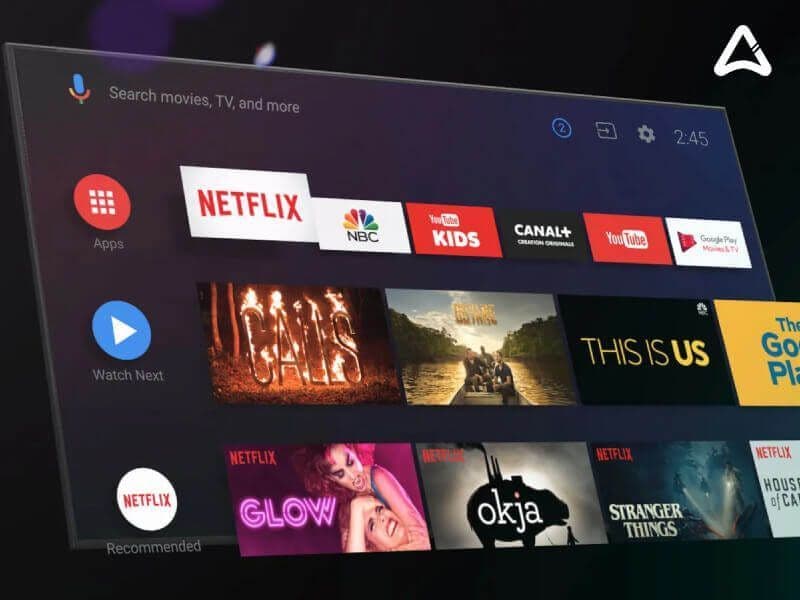
Iptv: Transforming the Way We Consume Television
Foundation
The world of television has come a long way since its inception, and today, we are witnessing a revolutionary shift in the way we consume television content. Internet Protocol Television, commonly known as IPTV, has emerged as a cutting-edge technology that is changing the television landscape. This blog explores the concept of IPTV, its benefits, and its impact on the entertainment industry.
IPTV means:
IPTV is a technology that delivers television content over Internet Protocol (IP) networks. Unlike traditional cable or satellite television, which relies on broadcast signals, IPTV uses an internet connection to transmit media content. The data is encoded into IP packets and transmitted over the internet, allowing viewers to access their favorite shows, movies, and other content through various devices like smart TVs, computers, smartphones, and set-top boxes.
IPTV service providers offer a curated "teste iptv" or a channel and program menu, allowing users to select their preferred content. This personalized approach fosters a customized viewing experience tailored to the user's preferences and interests.
How Does IPTV Work?
The IPTV system operates through a complex network of servers and data centers. Content providers, such as television networks and streaming services, encode their media files into IP packets and store them on their servers. When a user requests specific content, the IPTV service provider retrieves the relevant IP packets and sends them to the user's device using a high-speed internet connection. The data is then decoded and displayed on the screen in real-time, providing a seamless viewing experience.
Benefits of IPTV
Flexibility and On-Demand Content: One of the most significant advantages of IPTV is the ability to access on-demand content. Viewers are no longer tied to fixed broadcast schedules. They can choose what to watch and when to watch it, giving them unprecedented control over their viewing experience.
Multiscreen Support: IPTV allows users to access content on multiple devices. Whether it's the living room TV, a tablet, or a smartphone, viewers can watch their favorite shows anywhere, anytime, making it perfect for those always on the go.
High-Quality Viewing: IPTV offers high-definition and even 4K Ultra HD resolution streaming, providing viewers with crisp and immersive visuals. This ensures an enhanced and enjoyable TV viewing experience.
Interactive Features: IPTV opens up new interactive possibilities. Users can engage with content through features like video-on-demand (VOD), time-shifted TV, and interactive advertising, making the viewing experience more engaging and personalized.
Cost-Effective: IPTV can be more cost-effective for both service providers and consumers. Content providers can optimize their delivery costs by utilizing internet infrastructure, while consumers can choose customized packages that suit their preferences, saving them money compared to traditional cable subscriptions.
Impact on the Entertainment Industry
IPTV has brought about significant changes in the entertainment industry, influencing content creation, distribution, and consumption patterns.
Disruption of Traditional Television: IPTV's rise has disrupted traditional television broadcasting models. Cable and satellite providers face fierce competition as viewers shift towards more flexible and personalized IPTV services.
Growth of Over-the-Top (OTT) Platforms: OTT platforms, such as Netflix, Hulu, and Amazon Prime Video, have flourished thanks to IPTV technology. These platforms offer original and exclusive content directly to consumers, bypassing traditional media distribution channels.
Global Reach: IPTV enables content providers to reach a global audience easily. Viewers from different parts of the world can access the same content simultaneously, transcending geographical boundaries.
Enhanced Targeted Advertising: IPTV allows for targeted advertising based on user preferences and viewing habits. This ensures that advertisements are more relevant to the viewer, leading to potentially higher ad engagement and revenue.
Challenges for Content Providers: While IPTV offers numerous opportunities, content providers face challenges related to copyright protection and piracy. Robust security measures must be in place to prevent unauthorized access and distribution of copyrighted material.
Conclusion
IPTV has undoubtedly transformed the way we consume television content. Its flexibility, on-demand access, and multiscreen support have empowered viewers with unprecedented control over their entertainment choices. The entertainment industry has also experienced significant changes, with traditional TV facing fierce competition from IPTV and OTT platforms. As technology continues to evolve, IPTV is expected to play an even more substantial role in shaping the future of television, offering an immersive and personalized viewing experience to a global audience.
Appreciate the creator